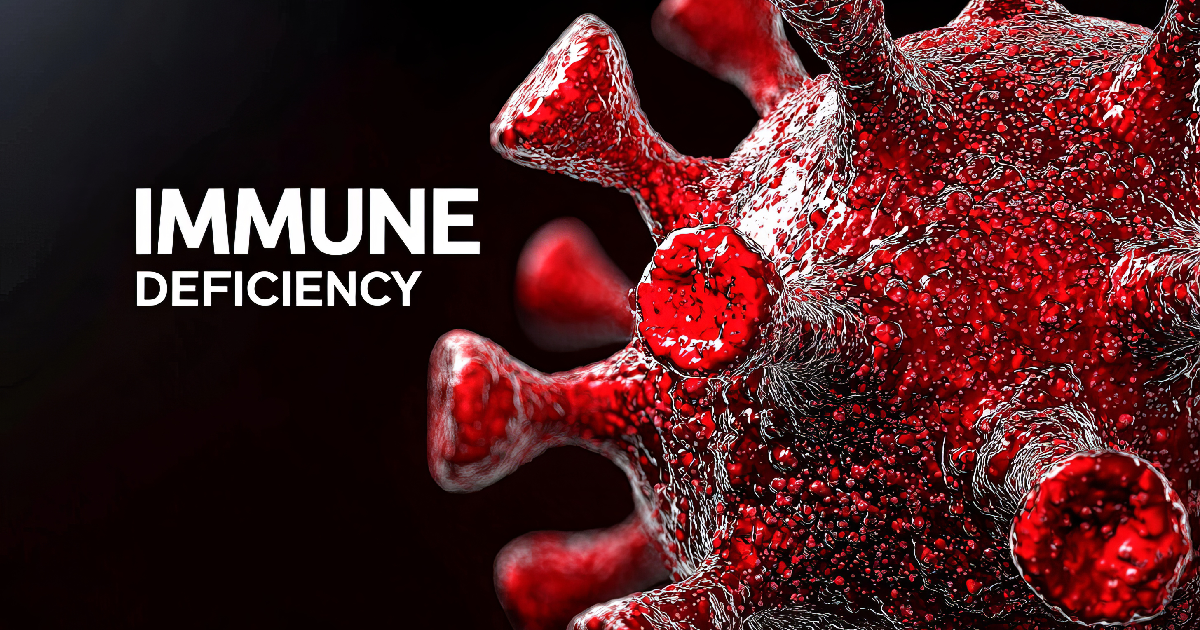
Table of Contents
Digestive health affects how we feel every day, but for those living with Crohn’s Disease, it’s far from simple. This chronic inflammatory condition impacts more than just the stomach; it disrupts daily routines, nutrition, and overall comfort, often leaving individuals searching for answers for years before getting the correct diagnosis.
At Omega Health Clinics, patients in Modesto, CA, receive compassionate, personalized care designed to ease symptoms, restore balance, and improve quality of life through effective Crohn’s disease treatment, tailored diet guidance, and expert medical support.
Understanding Crohn’s Disease
Crohn’s Disease is a chronic inflammatory bowel disease (IBD) that can affect any part of the gastrointestinal tract from the mouth to the anus. However, it most often targets the small intestine and the beginning of the colon.
What makes Crohn’s particularly complex is its unpredictable nature. Inflammation can occur in various areas and layers of the bowel, leading to symptoms ranging from mild discomfort to severe pain and fatigue. Because it’s a long-term, recurring condition marked by alternating flare-ups and remission, effective management focuses on controlling inflammation, easing symptoms, and preventing complications over time.
What Causes Crohn’s Disease?
Researchers aren’t sure what causes Crohn’s Disease, but they think it’s a mix of genetic, immunological, and environmental factors. Patients can better understand why the illness happens when they know these things.
1. Immune System Response
Crohn’s disease is an autoimmune disease, meaning the immune system destroys healthy tissues in the digestive tract. The immune system usually protects the body from dangerous viruses and germs. But with Crohn’s Disease, it stays too active, causing inflammation that damages the lining of the intestines.
2. Genetic Factors
Family history plays a role in many cases. Studies show that people with a first-degree relative (parent, sibling, or child) who has inflammatory bowel disease are more likely to develop it themselves. Researchers have identified several genes linked to Crohn’s disease that influence how the immune system responds to gut bacteria.
3. Environmental Triggers
Particular lifestyle and environmental factors can trigger or worsen symptoms, including:
- Smoking – One of the most significant risk factors for flare-ups.
- High-fat or processed diets – May contribute to inflammation.
- Stress – Doesn’t cause Crohn’s, but can aggravate symptoms.
- Frequent antibiotic use – Alters gut bacteria balance, possibly influencing disease activity.
Recognizing the Symptoms of Crohn’s Disease
Because Crohn’s affects different parts of the digestive tract, symptoms can vary significantly between individuals. Some people experience mild issues that come and go, while others face persistent or severe flare-ups.
Common Crohn’s Disease symptoms include:
- Abdominal pain and cramping– Usually located in the lower right side, but it can occur anywhere in the abdomen.
- Chronic diarrhea– Frequent loose stools are a hallmark sign of active inflammation.
- Fatigue and weakness– The body uses more energy to battle inflammation, which makes you tired.
- Unintended weight loss– Caused by reduced appetite, poor nutrient absorption, or frequent bowel movements.
- Fever- Often indicates active inflammation or infection during flare-ups.
- Blood in the stool- A sign of irritation or ulcers in the intestines.
- Mouth sores and joint pain- Crohn’s can affect more than just the gut; it may cause inflammation in other areas, such as the mouth, eyes, or joints.
How Crohn’s Disease Is Diagnosed
There are usually numerous processes involved in diagnosing Crohn’s Disease because no one test can confirm it. Doctors and nurses use a mix of medical history, imaging, and lab tests.
- Physical Examination and Medical History- A physician reviews symptoms, duration, and any family history of inflammatory bowel disease.
- Blood and Stool Tests– These help detect inflammation, anemia, and infection.
- Endoscopy or Colonoscopy- Allows direct visualization of the GI tract to identify inflammation, ulcers, or bleeding.
- Imaging Studies- Tests such as CT or MRI scans provide detailed images of the intestines and surrounding tissues.
Managing Crohn’s Disease: Treatment Options
While there is no cure for Crohn’s Disease, modern medicine offers practical strategies to control inflammation, relieve symptoms, and prevent complications. The goal is long-term remission, keeping the disease inactive and maintaining quality of life.
At Omega Health Clinics, a variety of treatments are available to help patients find relief from Crohn’s Disease in Modesto, CA. Treatment regimens are tailored to each person based on their symptoms, medical history, and response to therapy.
1. Medications
Several classes of medications are used to control inflammation and regulate immune system activity:
- Anti-inflammatory drugs (such as corticosteroids) help reduce intestinal swelling during flare-ups.
- Immune system suppressors decrease the body’s overactive immune response.
- Biologic therapies, including options like Remicade, Stelara IV, Skyrizi, Avsola, and Entyvio, target specific proteins involved in inflammation.
- Antibiotics may be used to treat secondary infections or complications.
These treatments are often used in combination for the best results.
2. Nutritional Therapy and Diet
A Crohn’s disease diet focuses on supporting the digestive system and preventing malnutrition. During flare-ups, doctors may recommend:
- Low-fiber or low-residue foods to reduce irritation.
- Smaller, frequent meals instead of large portions.
- Avoiding trigger foods like dairy, caffeine, alcohol, or spicy dishes.
- Staying hydrated to replace fluid loss from diarrhea.
Registered dietitians at Omega Health Clinics can help patients identify foods that work best for their specific condition and lifestyle.
3. Surgery
In severe cases where medication cannot control inflammation, surgery may be needed to remove damaged sections of the intestine or repair blockages. Surgery is not a cure but can provide long-term symptom relief and restore normal function.
4. Lifestyle Modifications
Stress management, adequate sleep, and regular exercise all play an essential role in maintaining remission. Many patients find that combining medical treatment with healthy lifestyle changes greatly improves their overall well-being.
Benefits of Early Crohn’s Disease Management
Early and consistent management can dramatically improve quality of life and reduce complications.
Here are the key benefits:
- Fewer and milder flare-ups- Proper treatment reduces inflammation and helps the intestines heal.
- Prevention of long-term complications– Early care helps minimize risks such as intestinal blockages or fistulas.
- Improved nutrient absorption– Reduces fatigue, weakness, and weight loss.
- Enhanced mental well-being- Managing symptoms can ease anxiety and improve confidence in daily life.
- Reduced need for surgery or hospitalization- Long-term medical management reduces the risk of severe flare-ups.
At Omega Health Clinics, patients receive continuous support and monitoring to maintain remission and prevent disease progression.
Who Can Benefit from Crohn’s Disease Treatment?
Crohn’s Disease can affect anyone, but it’s most commonly diagnosed in young adults between 15 and 35 years old. Both men and women are equally at risk.
You may benefit from a professional evaluation if you:
- Experience chronic abdominal pain or frequent diarrhea.
- Notice blood in your stool or unexplained weight loss.
- Struggle with fatigue or nutritional deficiencies.
- Have a family history of inflammatory bowel disease.
- Find that lifestyle changes or over-the-counter medications don’t bring relief.
Learn More About Crohn’s Disease Treatments
If you’re experiencing persistent digestive symptoms or have been recently diagnosed, professional support can make all the difference. The experienced team at Omega Health Clinics offers advanced diagnostics and compassionate care to help patients manage Crohn’s Disease in Modesto, CA effectively.
Through personalized treatment plans, nutritional counseling, and ongoing monitoring, they work with you to find relief and maintain remission. Learn More About Crohn’s Disease Treatments and take the first step toward better digestive health and renewed quality of life today.





